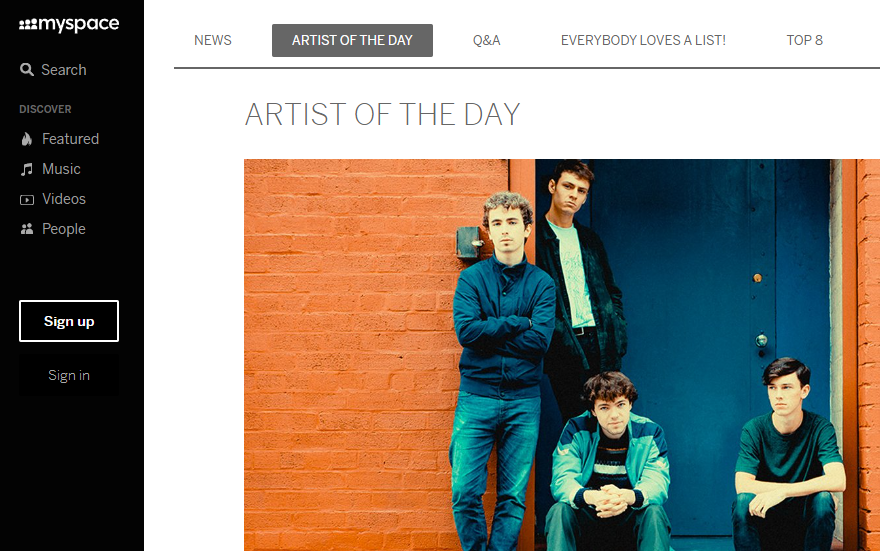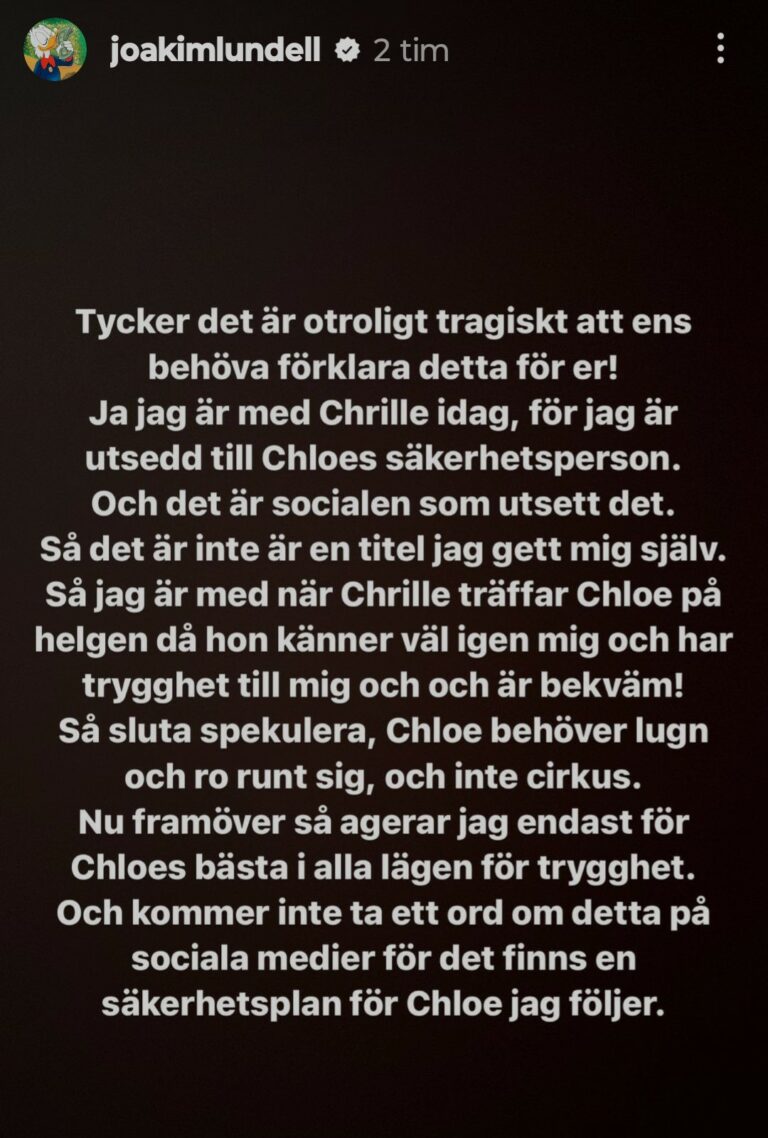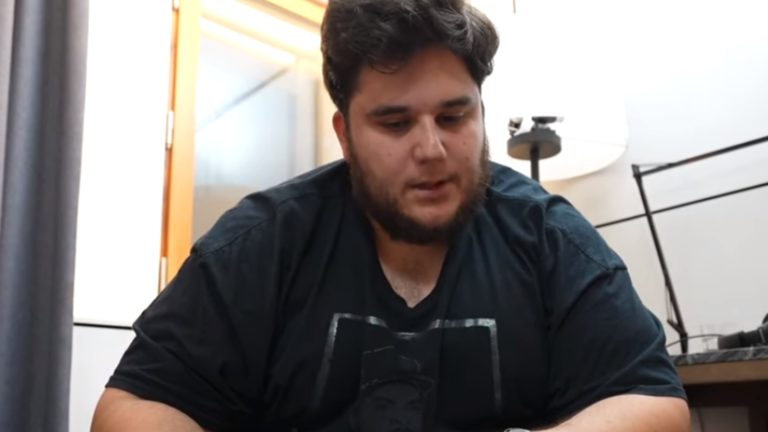It's important to know who owns the company where we buy our products for several reasons:
- Quality and responsibility: The owner's values and business strategy can affect the quality of products and services, as well as the company's social and environmental responsibility.
- Customer relations: The company's owner and management affect the company's reputation and brand, which in turn can affect customer relations and trust.
- Working conditions: The attitude of the owner and management towards working conditions and personnel policies can affect the company's culture and work environment.
Poor corporate governance can have serious consequences for the company, its employees and customers. It can lead to financial problems, poor product quality, poor customer service, lack of ethics and accountability, as well as harmful environmental and social impacts.
Poor business management can also lead to lost jobs and economic problems for society at large. It is therefore important that consumers and investors are aware of the ownership and management when choosing which companies to buy from or invest in.

- Saab was once a successful Swedish car brand with a strong history of innovative and safe cars. After several changes of ownership and financial problems, the brand was destroyed and the production of cars stopped.
- The Volvo Cars brand was acquired by the Ford Motor Company in 1999, but after several years of financial difficulties, Volvo Cars was sold to the Chinese Geely Holding Group. Under Ford's ownership, Volvo experienced a decline in sales and lost its unique position in the market.
- Ericsson was once one of the leading manufacturers of mobile phones in the world. After several failed attempts to adapt to the rapidly changing mobile phone market, the mobile phone division was sold to Sony and Ericsson lost its position as a significant player in the mobile phone industry.
- Orrefors was once a well-known Swedish brand for high-quality crystal glass products. After several changes of ownership and changes in production methods and design, the brand has lost its former status and reputation.
- Kosta Boda is another Swedish brand known for its high-quality glass products. After several changes of ownership and changes to the product portfolio, the brand has lost its former glory and unique position on the market.
- Husqvarna – After becoming an independent company from Electrolux, Husqvarna has experienced some challenges in adapting to changes in horticultural and forestry technology.

- Kodak was once one of the world's most successful brands in photography. But when they failed to adapt to the digital age and neglected to invest in digital technology, it led to their decline and bankruptcy.
- RadioShack was once one of the most successful electronics chains in the United States. But when they failed to adapt to the increasing competition from big chains like Best Buy and neglected to offer a modern and attractive shopping experience, it led to their decline and bankruptcy.
- Blockbuster was once the leading video rental chain in the world. But when they failed to adapt to the digital streaming service and tried to stick to the old business model, it led to their decline and bankruptcy.
- BlackBerry was once one of the most popular mobile phone brands, especially among business people. But when they failed to adapt to the increasing competition from smartphones like iPhone and Android, it led to their decline and loss of market share.
- Toys “R” Us was once one of the largest toy stores in the world. However, when they failed to adapt to the increasing competition from online commerce and neglected to innovate their store concept, it led to their decline and bankruptcy.
- MySpace – After being acquired by News Corporation and undergoing several ownership changes, MySpace has lost market share to social media platforms such as Facebook and Twitter.
- Polaroid – After being acquired by various owners and undergoing restructuring, Polaroid has struggled to re-establish its position in the analog and digital camera market.
- Compaq – After being acquired by Hewlett-Packard (HP), Compaq has experienced challenges integrating into HP's business and adapting to changes in the computer industry.
- Sears – One of America's oldest department stores, Sears has struggled with financial challenges and declining relevance after being acquired by different owners.

How will Twitter/X fare?
Tesla's CEO Elon Musk, who likes to profile himself as the sole owner of Twitter/X, planned to reduce 75% of the workforce already at the time of the takeover. Features for deleting and limiting hateful and threatening tweets disappeared along with the laid-off staff.
Former Twitter's (now X) credibility today is subject to debate and opinions can vary depending on who you ask. On the one hand, Twitter/X has established itself as an important platform for rapid information dissemination and discussion of current events, politics, and social issues. Many users see Twitter as an important source of news and opinions from different perspectives.
On the other hand, Twitter/X has also encountered problems dealing with misinformation, hateful behavior and other challenges related to the user experience. Some readers have expressed concern about the platform's ability to deal with these issues effectively and questioned its credibility due to these challenges.

It is important to note, however, that Twitter/X, like any other social media platform, is a place where users themselves play a large role in assessing the credibility of content and sources. Users are encouraged to be aware of the sources of the information they consume and to critically review the content they encounter on the platform.

Swedish IT companies that have been sold to international companies
- Skype – Acquired by eBay and later by Microsoft.
- Mojang – Creators of Minecraft, acquired by Microsoft.
- MySQL AB – Acquired by Sun Microsystems and later by Oracle.
- Tobii – The company that develops eye tracking technology, was sold to Qualcomm.
- TAT – The company that developed graphical user interfaces, acquired by Blackberry.
- ReadSoft – The company that develops automatic data entry software, acquired by Lexmark International.
- IPtronics – Acquired by Mellanox Technologies.
- Spotfire – Acquired by TIBCO Software.
- QlikTech – Acquired by Thoma Bravo.
- IAR Systems – Acquired by an investment consortium.
- Effnet – Acquired by Lantronix.
- Netwise – Acquired by Cisco Systems.
- Sentit - Acquired by Microsoft.
ENEA, Codemill, Nocom, Qbranch, Cybercom, Epsilon and HiQ are also those sold to foreign owners.
Some of these acquisitions may have been made by international companies or investment funds, while others may have been sold to other types of companies or investors.













